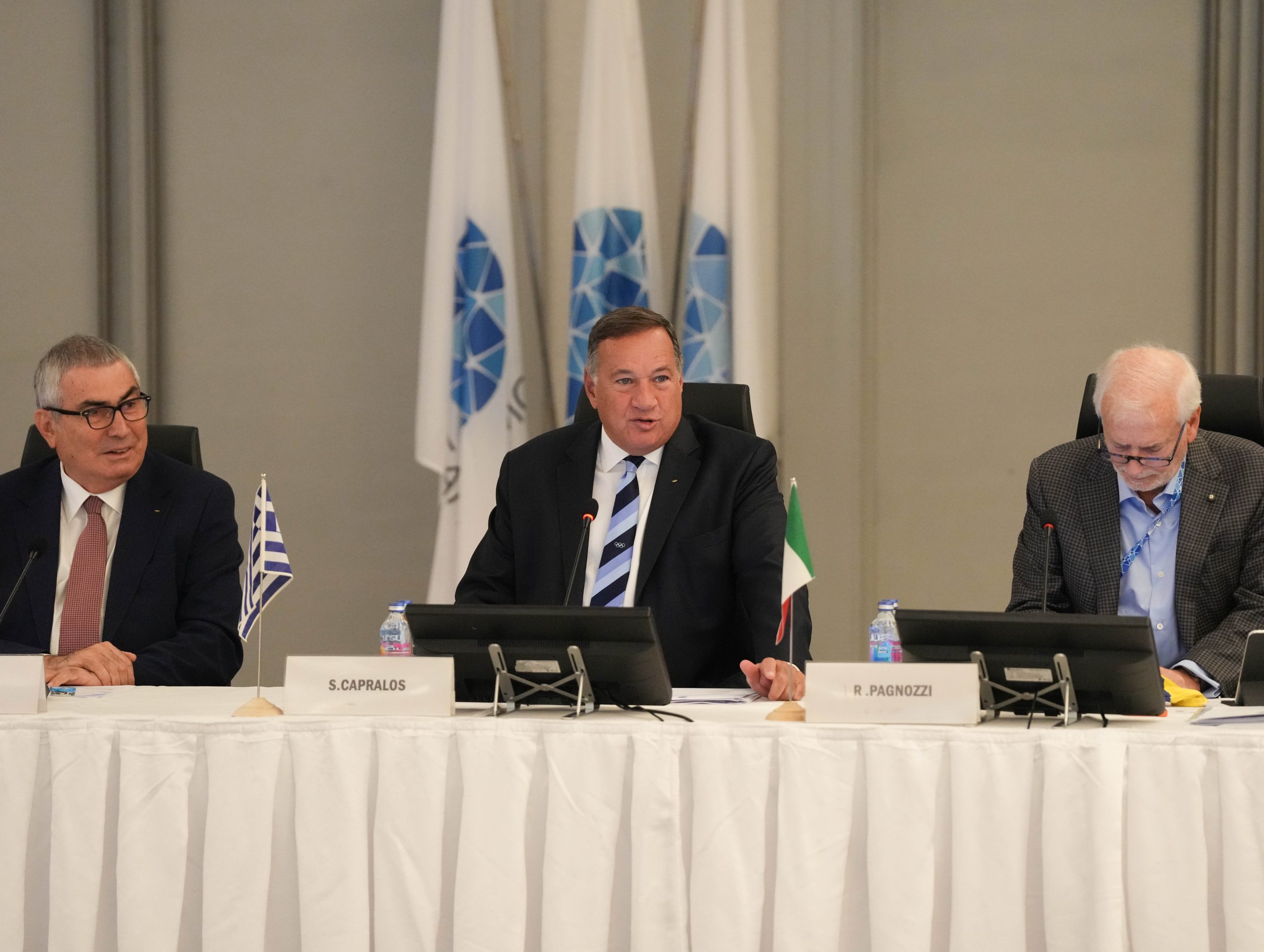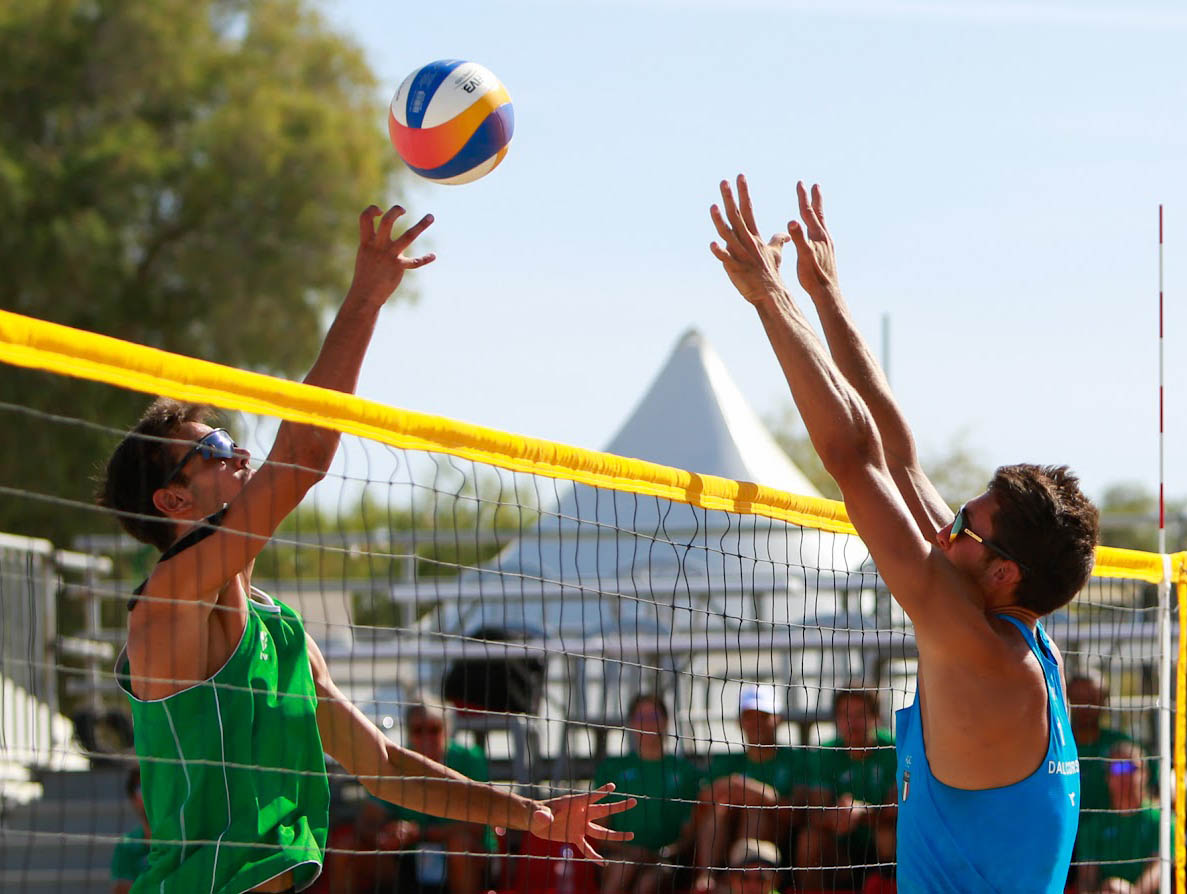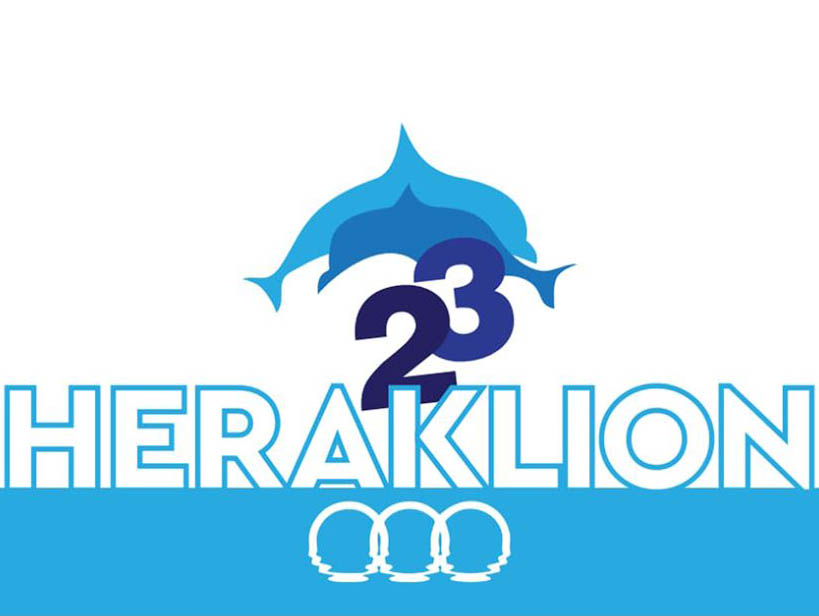Recognition of qualifications: Council votes on proposal
At its session on 18 and 19 May, the Council approved amendments to the Commission proposal for a new directive on the recognition of qualifications. In March 2002 the Commission had tabled a proposal for a directive on the reciprocal recognition of vocational qualifications. This is intended to replace the 15 texts that currently apply.
The Council decision was reached by a qualified majority and against the votes of Germany and Greece. The decision concerned, among other things, the hitherto disputed certificates and obligations to register that have to be furnished and fulfilled respectively when a service provider wishes to work temporarily in another Member State. This could also affect, among others, skiing and snowboarding instructors who work across the borders on a seasonal basis. The Council agreed that the service provider must inform the competent authorities of the host country in writing the first time he/she provides a service across borders. A declaration regarding professional liability (to be renewed annually) should also be available to the authorities beforehand. In addition to the above-mentioned declaration, the Member States could ask for various documents to be submitted providing proof of nationality, place of settlement and the vocational qualifications of the service provider.
The text of the proposal is now being sent, for its second reading, to the European Parliament, which will not be dealing with it until after the elections in the second half of the year.
With regard to the preparation of a proposal for a directive on services in the Single Market, the Presidency explained that the working groups examination has not yet progressed far enough to offer sufficient material for a debate in the Council.
Current status: revision of the Bathing Water Directive / Bathing Water Report
There are new developments concerning the ongoing revision of the bathing water directive: the European Commission has taken the opportunity to alter its proposal for a directive concerning the quality of bathing waters as long as the Council has not acted, yet. In the new document (can be submitted by the EU-Office) the Commission gives its opinion on the amendments adopted by the European Parliament in its first reading.
At first it is emphasized that water sports should not be fully included in the directive and in the following the Commission rejects the amendments 5 and 7 which refer to water sports/recreational activities. The reasoning hereby seems contradictory though. Moreover the Commission does not comment on the amendment 3 which also deals with recreational activities.
The Council still seems to clearly reject the idea of including water sport in the new directive. In its official meeting on 28 June 2004 a common position should be achieved. Hereby the Council might also consider alternative proposals handed in by the Irish Presidency. According to the applied procedure of co-decision the next step will be the second reading of the European Parliament. This will definitely not take place before the elections of the new European Parliament, but probably take place coming autumn.
In addition, the Commission Report on Bathing Water Quality for 2003 is now available. According to that report, the quality of coastal and inland waters has improved further in the 15 EU countries. In 2003 for example, 98.6 % of the coastal waters and 93.2 % of the freshwater areas inspected were in compliance with the directive. The figures are 1 % higher than those for the previous year in each case. Meanwhile, the minimum standards and regulations laid down for monitoring are being almost fully adhered to by many Member States. However, the Commission is concerned about the tendency, when problems arise, to close waters used for bathing rather than to eliminate the pollution.
YOUTH programme: Trendsport meets Youth Culture
Twenty-four young people met up at this German-Finnish exchange visit during two one-week stays in summer 2003. The motto of the gathering was Trendsport meets Youth Culture and its aim was to combine sport and culture.
Central to the visit were an exchange of information and a discussion about the organisation of youth work and sport in Finland and Germany. Various workshops and talks were arranged on these subjects.
To that end, the programme, which the participants had drawn up and planned themselves, covered both cultural aspects and a number of sports activities such as Finnish baseball.
Football information centres in the Member States
In accordance with the Council resolution on safety at internationally significant football matches, an updated list of football information centres in all 25 Member States has been published in the Official Journal. The list is available from the EU Office.

















